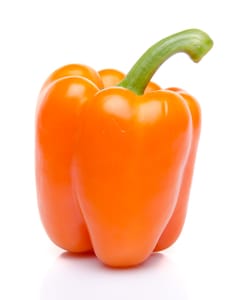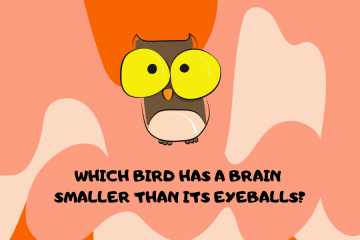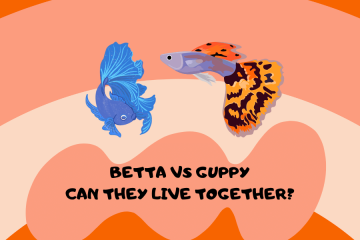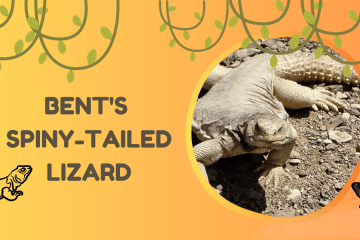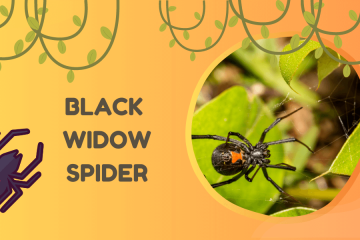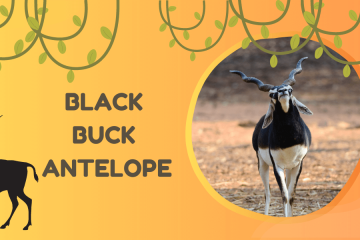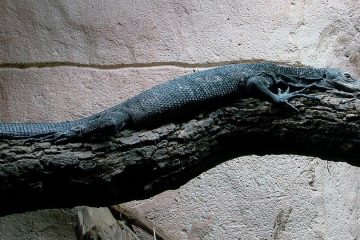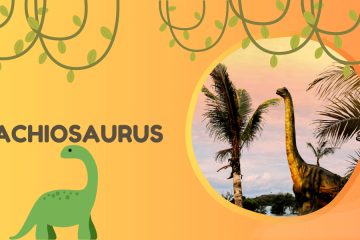As with any pet, it is important to properly maintain their diet. I always want to give my animals treats, but you have to research which foods are safe and which ones can harm them.
Can I give my guinea pig peppers?
This is a popular question for people who raise cavies. They want to know if it is safe to feed them peppers. Peppers are popular among humans and used in cooked dishes often, so you might have some peppers at your house already.
There are many different types of peppers, but bell peppers are one of the most commonly used varieties so I will focus on them.
Bell peppers are safe for them to eat, but you have to be careful which types you feed them. Green bell peppers are the best for your pet because they do not contain too much sugar.
Your piggy cannot handle a lot of sugar in its diet because it will suffer from bloating and other digestion issues. They have very sensitive stomachs.
If you give them a moderate amount of peppers, they can have healthier blood vessels, more vitamin A, and more vitamin C. A small sliver of the green bell pepper cut into small bites are perfectly safe for them.
Can guinea pigs eat red peppers?
Red bell peppers are the worst kind for cavies. They contain too much sugar even though they taste very good. Your pet won’t be able to stop themselves from overeating red peppers, so they will suffer from gas and weight issues as a result.
There are approximately 4.2 grams of sugar in red peppers, so they should rarely be fed to them. Yellow peppers are very similar to red ones and should be fed in a similar manner.
Any fruit or vegetable that is high in sugar should not be a regular part of their diet.
I wrote two posts about high foods that are surprisingly high in sugar for cavies.
Nutrition value
Fresh, raw bell peppers are mainly composed of water (92%). The rest is carbs and small amounts of protein and fat.
The main nutrients in 3.5 ounces (100 grams) of raw, red bell peppers are:
- Calories: 31
- Water: 92%
- Protein: 1 gram
- Carbs: 6 grams
- Sugar: 4.2 grams
- Fiber: 2.1 grams
- Fat: 0.3 grams
Source: Healthline
Can guinea pigs eat orange peppers?
They can eat orange peppers once or twice a week. Orange peppers are not as healthy as green ones but not as bad as the red.
A small amount of this type of pepper can improve your pet’s eyesight, including preventing cataracts.
Lutein and zeaxanthin are compounds found in these peppers that can benefit your cavy as well. Their eyes are very sensitive, and these compounds protect their retinas.
It is also thought that the vitamin K found in orange peppers can improve bone health for your cavy.
They need strong bones and teeth to stay healthy and active, so anything you can provide to improve this is a good thing.
Can guinea pigs eat seeds in peppers?
Most types of seeds and nuts are not safe cavies. Their teeth are too brittle and will break easily if they crunch down on a seed. However, they can eat bell pepper seeds.
These seeds are small enough that they do not pose a choking hazard for them and they can easily chew them.
Your pet may not like to eat the seeds though, so don’t be alarmed if they ignore them.
Be sure you remove the stems before serving the seeds to them because they can choke on them. The stems are too hard for them to chew.
Do not give them bell pepper leaves either. They are too high in alkaloids and your piggy’s digestion will suffer because of it.
Look at this video on how two guinea pigs crunching a red bell pepper!
What other kinds of peppers can guinea pigs eat? Or not eat?
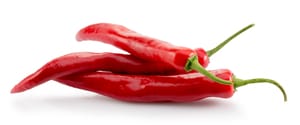
There are some types of peppers that should never be fed to your piggy. For example, their digestive tracks cannot handle jalapenos and you should not feed them to your guinea.
These peppers are too spicy for them and can cause stomach cramps or other painful issues.
Even though jalapenos are low in calories and carbs, they are high in sugar and the heat can cause diarrhea. The same is true for most types of chili peppers or other “hot” peppers. While these foods may taste great in human foods, do not pass them on to your pet.
What makes up a balanced guinea pig diet?
They need constant access to timothy hay to keep their digestive tract healthy and their teeth ground appropriately. This food should always be available in their cage or crate.
Spicy food or human foods are never okay to feed them, and treats should only be provided only every once in a while.
It is also important to provide plenty of vitamin C for your cavy. They do not synthesize this vitamin naturally, so they are often deficient in it if you do not supplement their diet.
You should provide between 10 and 30mg of vitamin C a day and even more if they are already suffering from a vitamin C deficiency. Green bell peppers have some vitamin C, but it is not enough to satisfy their needs. Cauliflower, guava, or broccoli are much better choices.
You may see products advertised as multivitamins or salt wheels. Your pet probably does not need these items to stay healthy.
If you monitor their diet and provide the minerals they need, these products can actually be harmful to them. It is also better to provide their food in a ceramic dish because they have a tendency to chew on plastic ones.
Eating plastic can harm their teeth and upset their stomach. You should clean their food bowl at least once a week and keep an eye out for bedding or droppings that could sneak their way into the bowl.
If you are reading this blog, it means you care a lot about your guinea pig and want to feed them the right foods. You’ve already taken a crucial step in caring for them by researching the safety of peppers.
You can feed them green bell peppers in small amounts as a treat to supplement their regular diets, but there are much better options for them on a daily basis.

Lydia King is a huge animal lover and has always been fascinated with learning about the animal kingdom. She enjoys writing about anything animal related from scientific information about rare species to animal references in pop culture.

